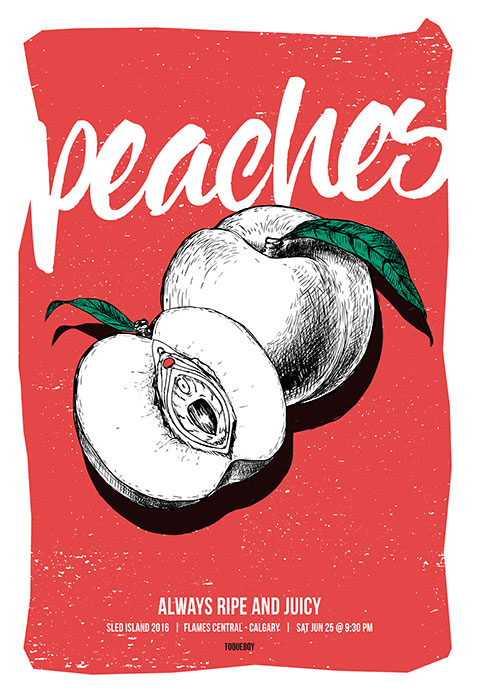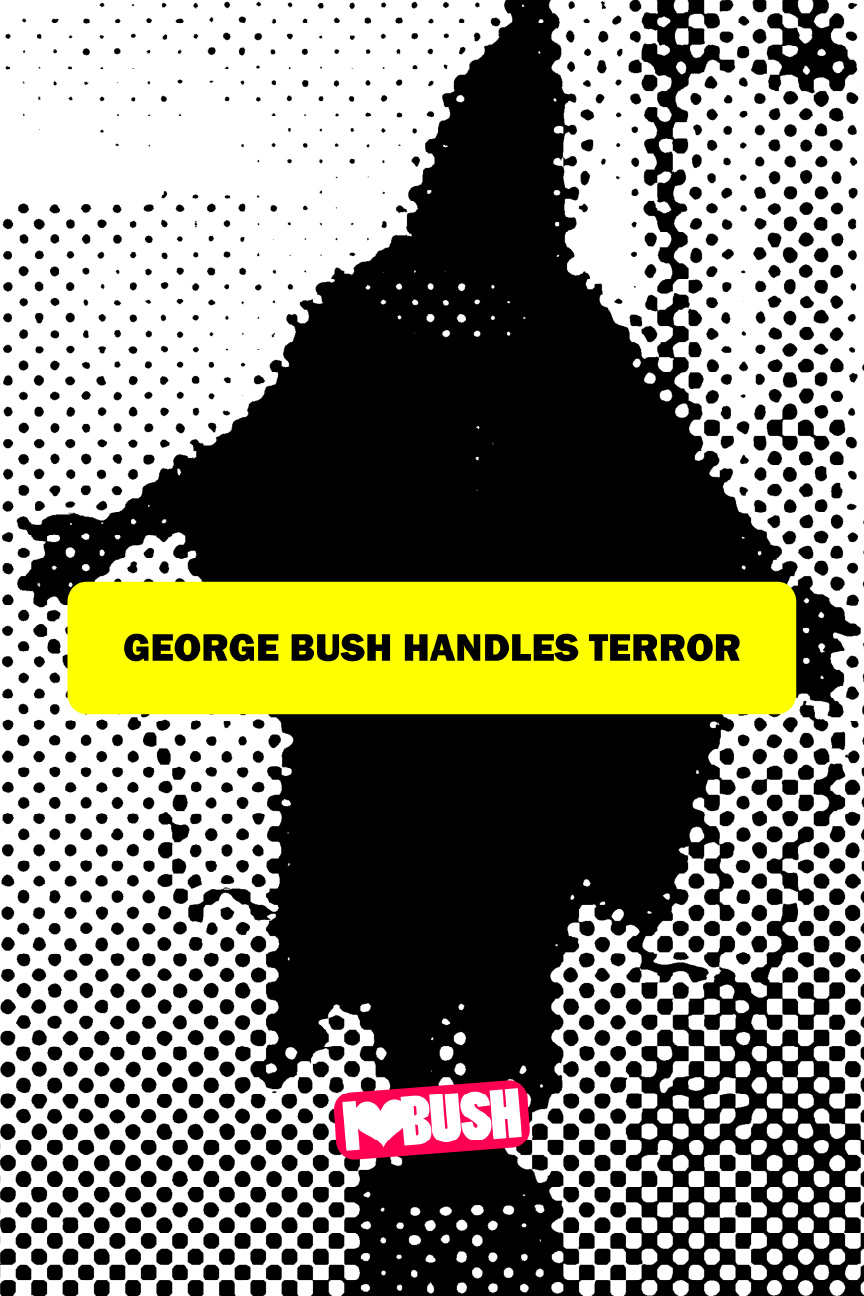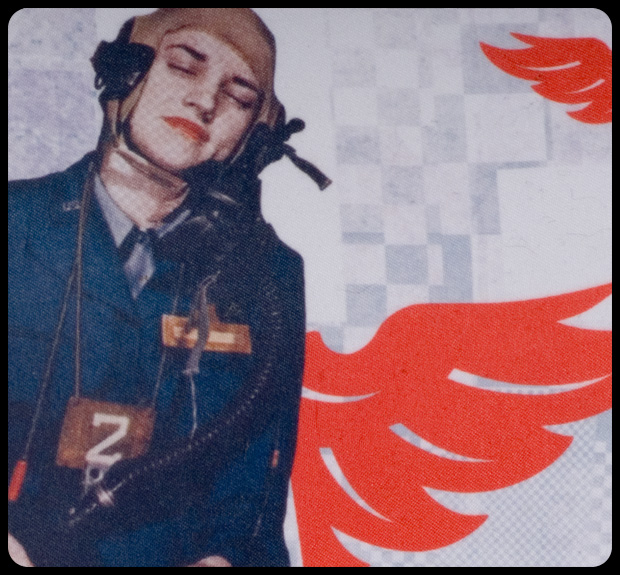 |
| On March 27th, Jfry Craig will be hosting a workshop at FAVA, Edmonton. He will explore the potential of intertext, script writing and narrative potential. The workshop is $55 for members and $65 for non-members. Contact FAVA at 780-429-1671 |
|
The 20th Century, with innovative writers and works, not to mention advancements in technology and alternative publishing methods, has seen the conventional literary canon explode with an onslaught of postmodern juggernauts. As Samuel Archibald says, "books and the written word are exposed to radical transformations and find themselves at a turning point; some even say that they might disappear … we must consider two essential questions entailed by the existence of books in the digital era. First: is the book as a technological object destined to undergo mutation? Second: what happens when content that is traditionally associated with books migrates to another medium?" With this quotation in mind, how does the book transform in the 20th Century? The recent advent of intertext and database driven texts provide no better example of potential mutation. Concentrating on leading-edge digital publishers and technologies, I will discuss that the potential of the internet as a viable narrative tool. I will concentrate specifically on the technologies that enable content creation and then offer concepts for script writing for this exciting new medium.
“Maurice Benayoun, a French new media artist and inventor, proposes that most artists’ inventions are ‘gadgets’, made to solve the problem at hand. When these eventually generalize, they become tools valuable to a broader community of users” (Diamond). To open Jfry Craig will discuss conventional texts, showing the progression of non-linear narrative strategies. We will consider the work of Douglas Coupland, Ana Castillo, and Canadian poet Arran Fisher. Mr. Fisher’s inclusion is important because contemporary poet’s prose,, in particularly, has found new ways to explore narrative, description, and articulation. With an emphasis on language-play and narrative content, contemporary prose poets provide succinct examples of how writers extend the use of the conventional sentence and as a result dislodge the strict linear movement of a text. Such play within grammatical structures suggests a formal directive to readers. This directive, much like a hypertext, proposes formal deviations from strictly linear readings. From prose poetics the workshop delves into the idea of script and writing for the internet. Here we will look at early inter text work by Geoff Ryman and then the potential of more sophisticated flash based narraties bylooking at work by Matt Owens and Bradley Grosh. The workshop will finish with group work, where we will try to find new script writing methods to best suit narratives built for inter text. |
| follow up |
|
Thanks to everyone who showed up. Here’s a small list of some of the more talked about items during the workshop. Enjoy. Works Cited. links cited. |
|
Funding Provided By: |




